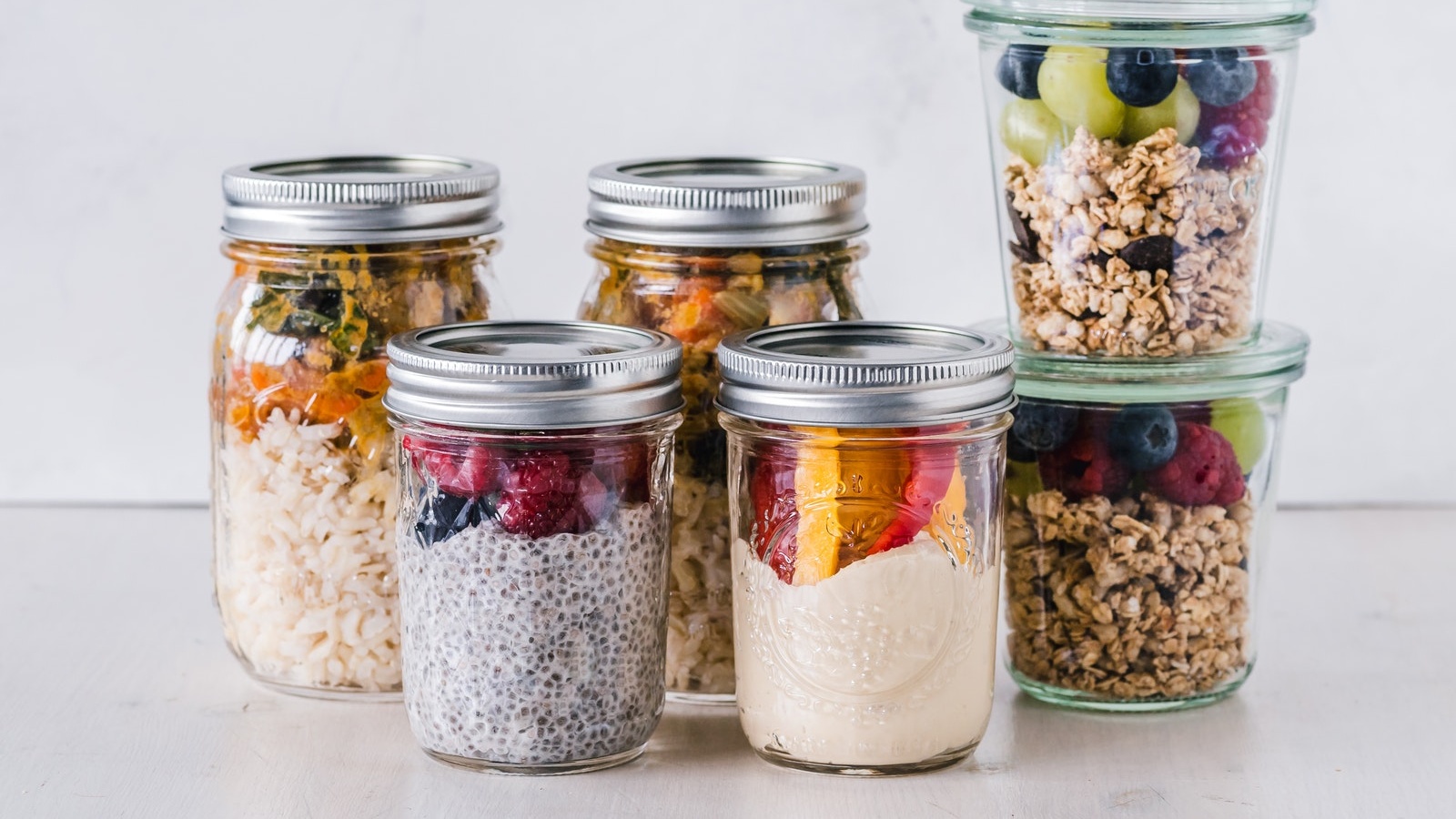Articles / Nutrition Coaching
Jan 21, 2022
21K Views
Food Matters 10 Nutrition Principles
By James Colquhoun
Finding a diet or way of eating that works for you is an individual journey.
There’s no one-size-fits-all approach.
But don’t worry, while this might seem overwhelming to begin with, discovering what to eat for your body is one of the best things you can do for your health.
Your health is a direct result of your bio-individuality, that is, the complex inner being of your body that makes you, you. For example, the way your body digests cashews could be totally different to the way my body digests them - but does that make cashews definitively good or bad? No! It just means that you have to go on a journey to find the foods that really serve you.
But with that in mind, there are a handful of nutrition principles that researchers and wellness practitioners can all agree on. They’re areas of nutrition that we’ve uncovered over the years with the Food Matters story, and I wanted to share them with you. Because I know no matter where you’re at on your journey, whether you’re just discovering wholefoods, or you're a practitioner looking to level up your skillset, these 10 nutrition principles will leave a lasting impact on your health and wellbeing.
1. Eat as Nature Intended
Nature didn’t create you to eat ready-made meals with artificial preservatives and chemicals. Our ancestors and forefathers have always lived in symbiosis with nature and we have been geared toward natural food. It’s simple; eat more living foods.
We generally recommend plenty of vegetables and fruits (all in a wide range of colors and preferably in-season with low food mileage from farm to table), herbs, seaweeds, mushrooms, sprouted nuts and seeds, live yogurts and cultured vegetables, free-range eggs, and some wild-caught fish.
2. Choose Organic Where Possible
Organic fruit and vegetables contain more vitamins and minerals than their non-organic counterparts, particularly if they are picked ripe and locally grown. Moreover, they are safer to eat as they are grown without the use of chemical fertilizers, pesticides, and genetically modified organisms, all of which have been proven to have harmful effects on our reproductive health and hormones, as well as overloading the liver.
3. Discover Liquid Nutrition
A juicer or blender is your best friend in the kitchen. By introducing more fruit and vegetables into your diet, you will crowd out those foods that harm your body. Let’s say you come home from work and you are feeling hungry and lethargic. You normally reach for a packet of chips, but why not instead opt for a quick juice or smoothie loaded with vitamins, minerals, fiber, and enzymes? This is what we call an instant meal! This is what your cells are crying out for.
4. Limit Your Intake of Gluten-Containing Grains
Gluten is a protein found in many grains, namely wheat, rye, barley, triticale, and contaminated oats. Celiac Disease and gluten intolerance are becoming more prevalent and even those not diagnosed with gluten sensitivity may find that reducing their intake of gluten-containing grains is beneficial.
Gluten irritates and damages the intestinal lining and causes inflammation, immune reactions, and contributes to increased intestinal permeability, commonly referred to as ‘leaky gut’. Traditional preparation of these grains, i.e. soaking them for at least 12 hours and sourdough leavening, make these food items easier to digest for those who have trouble with them, but they still contain gluten.
5. Stay Away from Processed Sugary Products
Too much sugar or other refined simple carbohydrates can lead to blood sugar highs and lows, causing mood swings and food cravings if not balanced by fats and proteins. Consuming large amounts of added sweeteners is associated with a greater risk of fatty liver disease, insulin resistance, heart disease, and type 2 diabetes.
Opt for foods that naturally have a lower Glycemic Load or have a Low Glycemic Index (Low GI). If you are going to eat sugar and carbohydrate-rich foods, it’s best to combine them with healthy fats to steady the uptake of glucose into the bloodstream. Avoid sweetened packaged foods, particularly those sweetened with high fructose corn syrup (HFCS), corn and glucose syrups, and artificial sweeteners.
6. Eat Good Fats
People who are trying to lose weight often try to keep their fat and cholesterol intake to a minimum. The reason behind this is that fat contains more calories per gram than carbohydrates and proteins. However, good fats and cholesterol are essential for the absorption of most nutrients and the production of hormones. That’s why it’s important not to avoid them. Here at Food Matters, we believe in counting nutrients, not calories! Enjoy the healthy saturated fats found in coconut oil, wild-caught fish, organic dairy and grass-fed meats, and monounsaturated fats like those found in extra virgin cold-pressed olive oil, macadamia nuts, and avocados. Make sure you steer clear of the oxidized, free-radical-creating trans fats (found in margarine spreads, cookies, chips) and refined, processed vegetable oils containing safflower, sunflower, and canola oil.
7. Be Smart in the Kitchen
Prepare your meals with care. Ditch the microwave. Eat more raw foods. Don’t fry too hot - it’s best to saute in heat-stable coconut oil, ghee, or butter on a low to medium heat. Turn the temperature down. Get an old-fashioned cast iron pot and learn how to slow-cook! Throughout our Food Matters Nutrition Certification Program, you’ll also learn nutrient-preserving and nutrient-enhancing techniques like fermenting, soaking, and activating.
8. Look for Ethical & Sustainable Sources
When buying eggs, dairy, and meat, it is extremely important to know where your food comes from. Toxins and chemicals are mostly stored within fat cells, so organically grown and raised is best. With organic and free-range animal products, it is reassuring to know that no antibiotics were used, no GMO feed was given, no growth hormones were injected, and the animals were raised naturally. Get confident with asking your food supplier questions.
9. Avoid Food Additives
Read the labels! Chemical food additives can wreak havoc on your hormones. In general, avoid E-numbers and be particularly careful with the flavor enhancer MSG, which tricks your brain into thinking you need to overeat. MSG is disguised under the following names: E621, monosodium glutamate, glutamic acid, hydrolyzed vegetable oil, yeast extract, and mono-calcium glutamate and is often found in ready-made soups, chips, sauces, and cookies.
10. Eat in a Relaxed State
Your stomach and digestive systems are very sensitive. Rushing your meals and eating on the run will put your body in a state of fight or flight, which in turn will compromise or even halt your digestive processes and the uptake of nutrients. What we don’t digest can turn into bacterial fermentation, bloating, or can be stored for later. Make sure to relax while you’re eating (and that doesn’t mean eating in front of the TV).
These principles may sound complicated or overwhelming, but they’re really simple to begin to implement when you apply them with the right approach. We used these guiding principles at the core of our Food Matters Nutrition Certification Program, and over 10 modules, you’ll discover how to use them to help heal yourself and others around you.
Do you apply these principles in your daily life already? Which one are you looking forward to trying? Let us know in the comments below!













